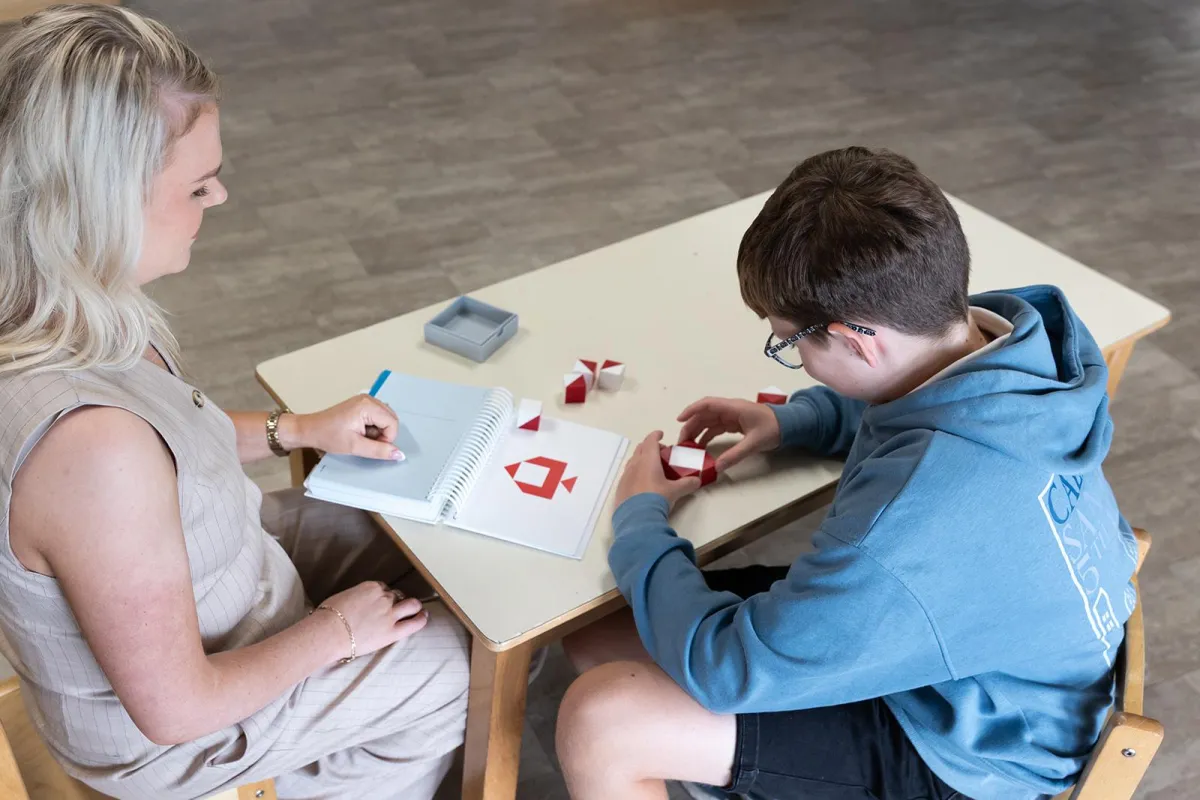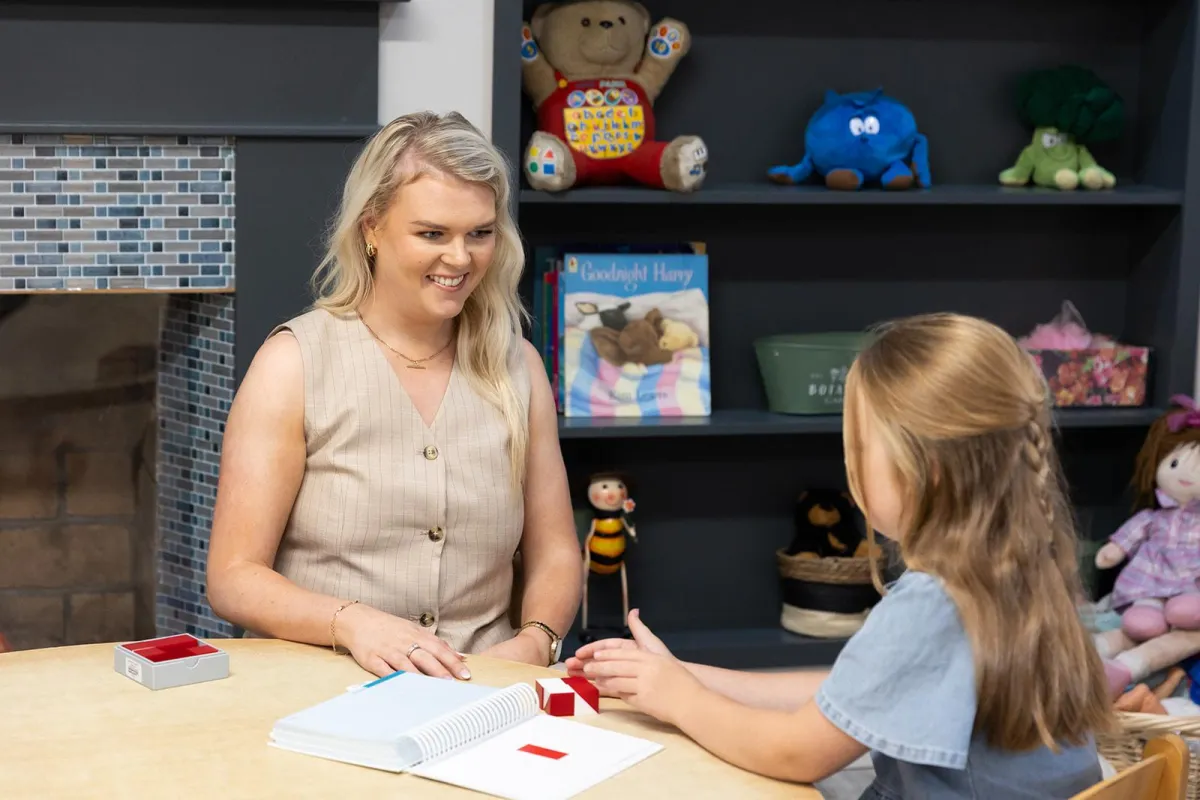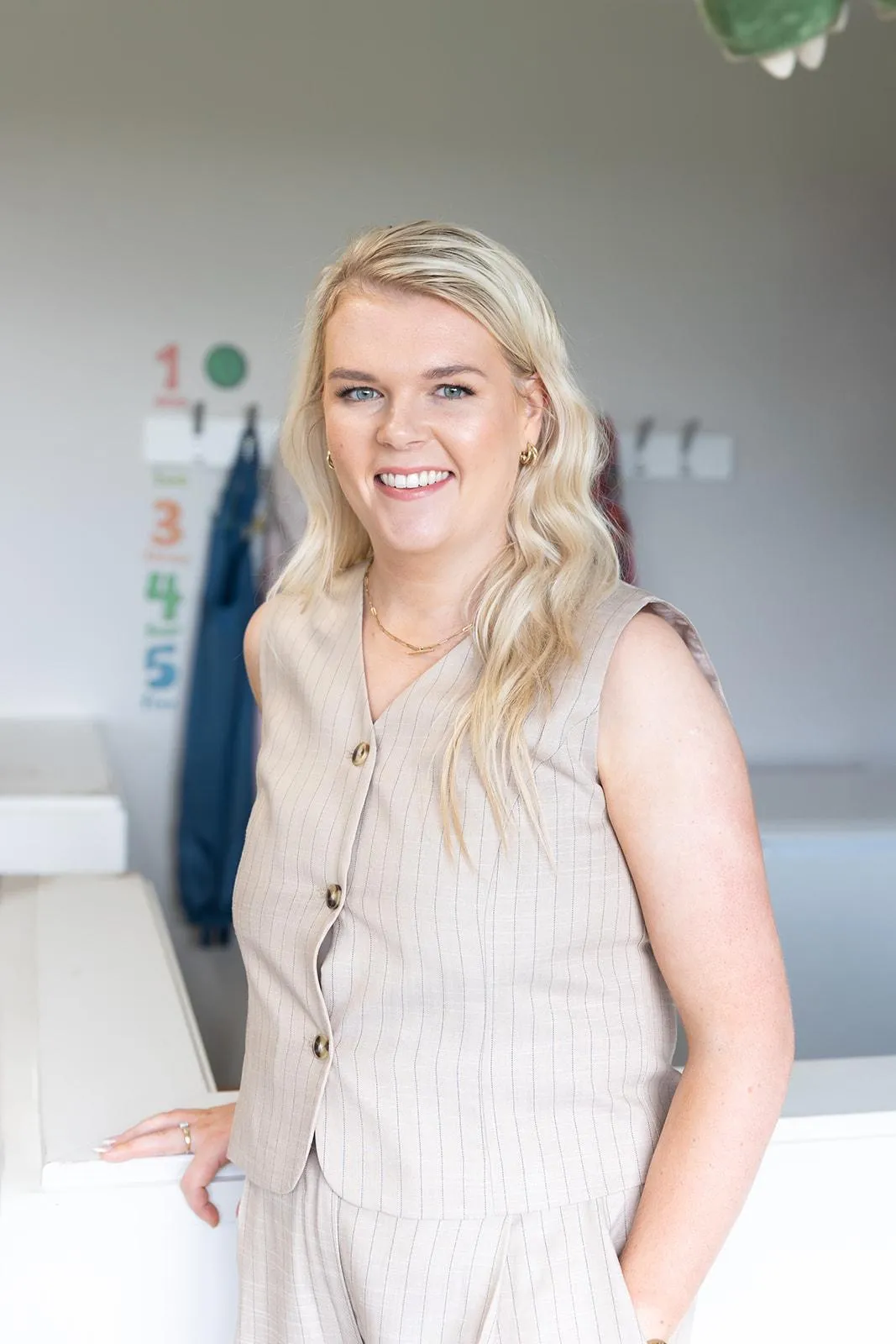
Psychoeducational Assessments that bring clarity.
Every child learns differently and an assessment can play a crucial role in moving from confusion to clarity — for you, your child, and their school.


What it is a Psychoeducational Assessment?
A psychoeducational assessment is a structured way to understand how a child, young person or individuals learns, where they may be struggling, and what supports will help.
I combine testing, interviews, and questionnaires to build a full profile of learning and behaviour. Assessments cover cognitive and learning profiles, dyslexia, dyscalculia, school readiness, behaviour and attention needs, intellectual functioning, life skills and exam accommodations.
This matters because you get practical direction, not just a label.
Parents, teachers, pupils, schools and all people involved leave with clear answers and a plan they can use straight away.

You’ll walk away with:
Clear answers
Tailored recommendations
Guidance schools can use
Confidence moving forward
Understanding your own or your child’s strengths and needs

Signs an assessment may help your child
If you’re unsure whether your child needs an assessment, these are some of the common signs parents and teachers often notice.
Ongoing struggles with reading, writing, or maths
Difficulty remembering or following instructions
Trouble concentrating or staying on task
Progress behind peers despite extra support
Frustration, low self-esteem, or school avoidance
Concerns flagged by teachers that don’t match what you see at home
Behaviour or emotional issues linked to learning difficulties
Uncertainty about school readiness or early development

What Assessments Does EEPC Offer?
These are the main areas a psychoeducational assessment can cover, with clear guidance on what’s happening and how best to support it.
These are the main areas a psychoeducational assessment can cover,
with clear guidance on what’s happening and how best to support it.
A cognitive and learning profile gives a full picture of how a child thinks, remembers, and learns. It looks at areas such as reasoning, problem-solving, working memory, and processing speed. This helps explain why a child may excel in some subjects but struggle in others. Knowing a child's unique profile means teaching can be matched to their strengths and specific needs, reducing frustration and building confidence.
Dyslexia is a specific learning difficulty that affects reading, spelling, and written expression. Children with dyslexia may read slowly, mix up letters, or avoid tasks involving reading and writing. It is not related to intelligence and does not reflect how capable a child is in other areas. Identifying dyslexia early helps schools put supports in place, and allows children to use strategies that make literacy tasks more manageable. With the right help, children with dyslexia can thrive in school and beyond.
Dyscalculia is a specific learning difficulty that affects understanding of numbers and mathematical concepts. A child with dyscalculia may struggle with basic operations, remembering number facts, or making sense of time, money, and measurement. These difficulties can cause frustration and avoidance of maths, even when a child does well in other subjects. Assessment clarifies whether maths struggles are due to dyscalculia or another cause, and provides tailored recommendations for support at home and in school.
Dysgraphia is a learning difficulty that makes writing harder than expected for a child's age or ability. It can affect handwriting, spelling, and how easily ideas are put onto paper. A child may know exactly what they want to say but struggle to show it in writing.
Dyspraxia, also called Developmental Coordination Disorder (DCD), affects movement and coordination. Children may seem clumsy, find tasks like using cutlery or sports more difficult, or struggle with planning and organisation in schoolwork. These challenges are not linked to intelligence, but they can impact confidence and daily life.
A psychoeducational assessment combined with an Occupational Therapist input helps to identify these needs and give parents, teachers, and the child practical strategies that support progress at home and in school.
School readiness screening helps identify whether a young child has the foundation skills needed to settle into school. It looks at areas such as language, memory, attention, motor skills, and social development. Early difficulties with these skills can make the transition to school harder and may affect confidence. Screening provides clear guidance for parents and teachers on how to support a child before and during the first years of school, giving them the best possible start.
Initial screening for emotional and behavioural concerns for Autism is completed initially to ensure this assessment is the most appropriate for your child's needs.
EEPC offers an Educational and multidisciplinary Autism identification to better understand your child's learning profile or developmental needs; guiding clear, evidence-based interventions.
At EEPC the psychologist will look for certain criteria to establish that an ADHD assessment is appropriate through the initial consultation process.
The Psychologist will review that the child has at least 6 symptoms of inattention, and/or 6 symptoms of hyper-activity-impulsivity. Symptoms have been present before age 12 years and have been present and pervasive for at least 6 months. Symptoms occur across multiple settings (e.g. at home and school).
Please note we cannot offer or prescribe medication if an ADHD diagnosis is provided. This must be done through a paediatrician, GP or another recognised medical professional (e.g. psychiatrist).
Exam accommodations, such as RACE (Reasonable Accommodations at Certificate Examinations), are designed to ensure students with learning or attention difficulties are not disadvantaged during exams. Supports can include a reader, scribe, spelling and grammar waiver, use of technology, or smaller exam settings. Assessments provide the formal evidence schools need to apply for these accommodations. Having this support in place helps students show their true ability in exams, reducing stress and giving them a fair chance to succeed.

Online or in person —
book a consultation to put your mind at ease.
Talk in the way you feel most at ease, whether it’s online or in the room together.
Assessments Process
Many parents feel uncertain about how best to respond or support their child when challenges arise. My process is designed to remove that guesswork — with clear steps, practical support, and guidance you can trust at every stage.
1. Contact to book initial consultation
Call or email to choose a time that suits.
2. Complete online questionnaires
Parents and teachers complete brief forms.
3. School staff interviews & questionnaires
Short call or forms to gather the school view.
4. Consultation with psychologist (in person or online)
We talk through concerns and history.
5. Comprehensive psychoeducational assessment (in person)
One-to-one testing with breaks as needed.
6. Analysis and report
Results reviewed and a clear report prepared.
7. Feedback with psychologist
We go through findings and next steps together.

My Credentials & experience
Your assessment is completed to the highest professional standards.
Chartered Educational Psychologist (C. Psychol., Ps.S.I)
BA • M.Sc • Doctorate in Educational Psychology (D.Ed.Psych)
10+ years’ experience supporting families, schools and organisations
Worked with NEPS and education teams across Ireland
FAQs
Frequently asked questions
If you don’t see your answer here, just reach out — I’ll be happy to talk it through with you.
Reviews
What our clients say

Dr. Louise Reilly, BA, M.Sc, D. Ed. Psych, C. Psychol., Ps.S.I
Chartered Educational Psychologist based in Co.Cavan.


When I’m available
Typically replies Mon–Fri within 24 hours.
© Copyright 2025. Essential Educational Psychology Clinic LTD. All Rights Reserved.
